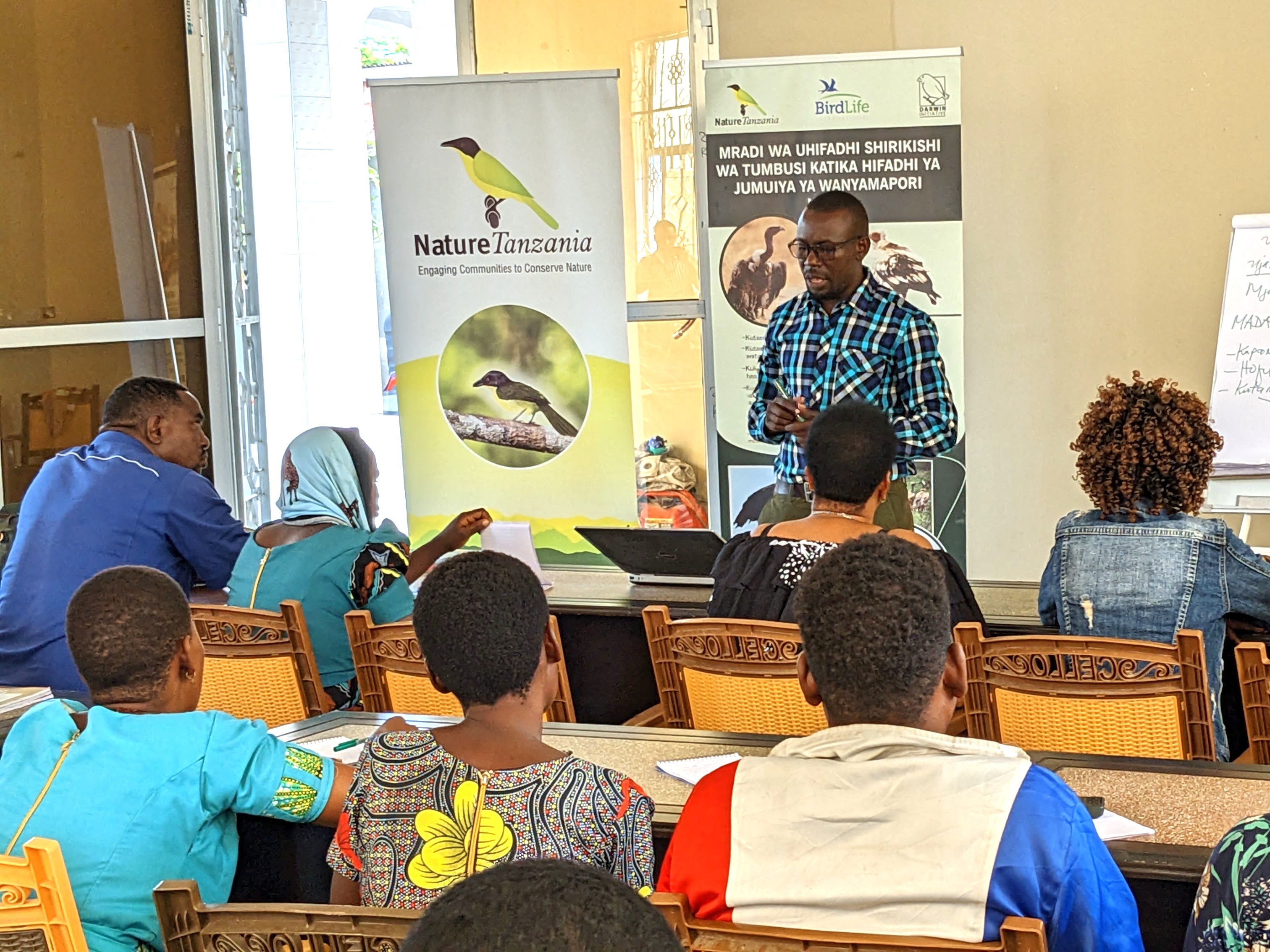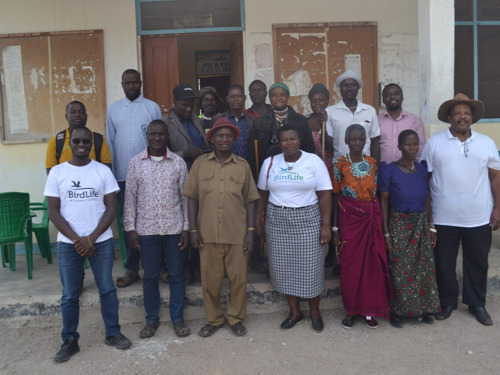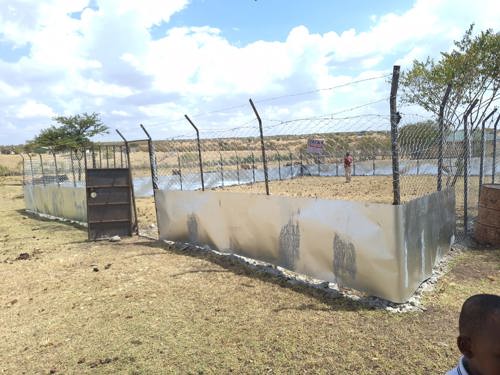Safeguarding vulture populations

CRF Entrepreneurship training. Credit - Alpha Mfilinge.
Gender Equality and Social Inclusion in saving vultures in the Mara-Serengeti landscape
Despite their vital role in the environment, vultures are often misunderstood. Many people associate them with death, but they play a very critical role in maintaining ecosystem health. They clean the environment by feeding on carcasses and prevent the spread of diseases. However, African vulture populations are declining rapidly, with 7 out of 11 African vulture species threatened with extinction, with some species having experienced declines of 97% over the past 50 years. Key threats include poisoning (accounting for more than 60% of vulture deaths), belief-based use, habitat loss, and energy infrastructure.
Since 2022, BirdLife International and its partners (Nature Kenya and Nature Tanzania) have been implementing a three-year project in the Mara-Serengeti landscape, to address threats to vultures including Human-Wildlife Conflict driven poisoning and belief-based use of vulture parts in traditional medicine. The project aims to reduce poisoning and improve community livelihoods.
Community engagement is an integral part of the project. Nature Kenya and Nature Tanzania have engaged communities through raising awareness, building capacity of local community members to run nature-based enterprises, and training rangers to handle poisoning incidents. They are also collaborating with governments to develop vulture conservation action plans in Kenya and Tanzania.
"We have become vulture champions, raising awareness about vultures and support in monitoring vultures in our area, reporting poisoning.”
Considering diverse community perspectives and needs, the project has also effectively engaged communities, promoting Gender Equality and Social Inclusion (GESI) and ensuring representation and participation of women and men in all activities. To date, 136 awareness raising activities have been conducted in both countries on vulture importance and poisoning impacts, reaching 56,574 people. In Maasai Mara, Kenya, 101 village level awareness creation activities (village meetings), including youth forums have been conducted reaching out to to 7,574 community members including 3,480 men and 4,094 women from 74 villages across the Maasai Mara landscape. Further, Nature Kenya engaged 1,114 pupils in activities in schools, including 616 boys and 498 girls.
In Tanzania, 35 awareness creation activities have been conducted, reaching approximately 49,000 people, including more than 18,000 women through market outreach events, village meetings, celebration of Sukuma events (harvesting festival), and International Vulture Awareness Day. In addition, activities targeting 4 schools in Meatu reached about 521 pupils.
Improving livelihoods
In Tanzania, the project has employed a community-financing mechanism known as the Community Revolving Fund (CRF) that enables groups to access low interest loans supporting them in running environment-friendly businesses that have no or low impact on wildlife, especially vultures.
Women are actively engaged and represented in the committee that manages the fund. The CRF Committee has 9 members, of whom 3 are women, including the chairperson. Furthermore, women are also well-represented among the 203 beneficiaries of the CRF, including 133 women, 94 youth, and 6 traditional healers.
One of the groups benefitting from the CRF is the Matumaini group, made up of 7 men and 15 women. The group has ventured into sunflower farming, improving their livelihoods from selling sunflower seeds.
“The CRF helped us employ better agricultural practices on sunflower farming. We are now expecting higher yield. We have become vulture champions, raising awareness about vultures and support in monitoring vultures in our area, reporting poisoning.” - Getruda Sengwa, Matumaini Group Secretary.
Mbuyuni Women Group, comprising of 22 women focusing on fashion designing and tailoring, has also benefitted from the CRF, enabling them to purchase two sewing machines, fabrics, and expanded their business premises.
"We have purchased two modern sewing machines, now we serve our customers in time, building trust with them [and] increasing customers.”
“Without the CRF, we wouldn’t be able to expand our business. We have purchased two modern sewing machines, now we serve our customers in time, building trust with them [and] increasing customers.” - Jane Nchambi, Mbuyuni group treasurer.
In Masai Mara, 527 participants (472 women, 55 men) from 19 community-based organisations were trained in conservation-friendly business development. The training primarily targeted women’s groups engaged in businesses like beadwork, poultry, and beekeeping.
Engaging traditional healers
To address the belief-based use (BBU) of vulture in Meatu, Nature Tanzania is engaging traditional healers, with 58 traditional healers, including 45 men and 13 women engaged to date. Following this intervention, traditional healers now understand the impact of BBU on vulture populations and have identified a plant-based alternative. The healers also double-up as vulture ambassadors, sensitising their colleagues about vultures and the identified plant-based alternative.

Rapid response mechanism
Rapid response to wildlife poisoning incidents is important in averting more fatalities, including vultures. Consequently, rangers / community scouts have been trained to effectively address such incidents. In Tanzania, 23 village-game scouts including 22 men and 1 woman were trained on responding to poisoning incidents. Similarly, a total of 1,524 wildlife rangers / scouts including 1,359 men and 165 women were trained in Masai Mara from January 2023 to April 2024.
Human-Wildlife Conflict (HWC) mitigation
HWC is a major driver to wildlife poisoning in Masai Mara, threatening vultures. Nature Kenya has supported the construction of 20 predator-proof bomas, reducing livestock loss and wildlife poisoning. Community members no longer stay awake at night guarding livestock, and can now focus on other duties, including childcare and household responsibilities.
“Since the construction of predator-proof boma in 2023, I have slept peacefully at nights, knowing my animals are safe and protected. I no longer worry about my livestock being killed or my wife and children being harmed while trying to fend off hyena attacks.” - Peter Leteluo, PPB beneficiary.
“Integrating GESI into this project, has created opportunities to gather insights from various community levels. It has helped us build trust with traditional healers, who have become vulture champions and actively contributed to development of the Conservation and Management plan for Vultures in Tanzania.” - Fadzai Matsvimbo, Preventing Extinctions Programme Coordinator, Africa, BirdLife International.

Written by Vincent Otieno Onyango. For more information on this Darwin Initiative Main project 29-013, led by BirdLife International, please click here.

 Back
Back